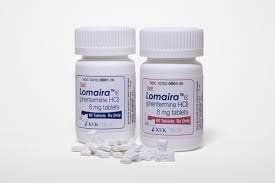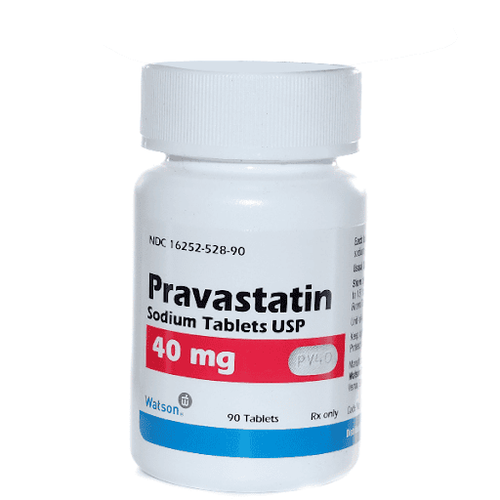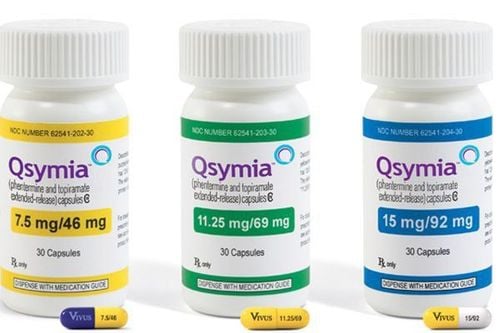This is an automatically translated article.
Apple cider vinegar has been used as a health tonic for thousands of years. Research shows it has many health benefits, such as lowering blood sugar levels. Many people think that adding apple cider vinegar to the diet can also help users lose weight?1. What is apple cider vinegar?
Apple cider vinegar is made in a two-step fermentation process.First, the apples are cut or crushed and combined with yeast to convert the sugar into alcohol. Bacteria are then added to ferment the alcohol into acetic acid. Traditional apple cider vinegar production takes about a month, although some manufacturers speed the process to just one day.
Acetic acid is the main active ingredient of apple cider vinegar. Also known as ethanoic acid, this is an organic compound with a sour taste and strong odor. The term acetic comes from acetum, the Latin word for vinegar.
About 5% to 6% apple cider vinegar consists of acetic acid. This vinegar also contains water and trace amounts of other acids, such as malic acid. One tablespoon (15ml) of apple cider vinegar contains about 3 calories and almost no carbs.
2. Acetic Acid contains many benefits in fat loss
Acetic acid is a short-chain fatty acid that dissolves into acetate and hydrogen in the human body.Some animal studies suggest that the acetic acid in apple cider vinegar may promote weight loss in several ways:
Reduce blood sugar: In a study in rats, acetic acid improved the liver's ability to muscle to absorb sugar from the blood Lowers insulin levels: In the same study in rats, acetic acid also reduced the ratio of insulin to glucagon, which can help burn body fat. Improved metabolism: Another study in rats exposed to acetic acid showed an increase in the enzyme AMPK, which enhances fat burning and reduces the production of fats and sugars in the liver. Reduced fat storage: Treatment of obese, diabetic rats with acetic acid or acetate protected them from weight gain and increased gene expression that reduced abdominal fat and liver fat storage. Fat Burning: A study in rats fed a high-fat diet supplemented with acetic acid showed a significant increase in the genes responsible for fat burning, leading to the accumulation of body fat. less than. Appetite Suppression: Another study found that acetate may inhibit the centers in your brain that control appetite, which can lead to a decrease in the amount of food your body consumes. Although the results of animal studies appear promising, human studies are needed to confirm these effects.

thêm 1 hoặc 2 muỗng canh giấm táo vào chế độ ăn uống của bạn có thể giúp giảm cân
3. Increase satiety and reduce calorie consumption
Apple cider vinegar can promote satiety, thereby reducing the amount of calories the body consumes.In a small study in 11 people, those who took apple cider vinegar with a high-carb meal experienced a 55% lower blood sugar response one hour after eating. From there they consumed 200 to 275 fewer calories for the rest of the day.
In addition to its appetite-suppressing effects, apple cider vinegar has also been shown to slow the rate at which food is eliminated from the stomach.
In another small study, using apple cider vinegar with a starchy meal significantly slowed gastric emptying. This leads to increased satiety and decreased blood sugar and insulin levels.
However, because apple cider vinegar has been shown to prolong the time food stays in your stomach, taking apple cider vinegar with meals can make stomach problems worse.
4. Lose weight and burn fat
Results from a human study indicate that apple cider vinegar has dramatic effects on weight and body fat.In this 12-week study, 144 obese Japanese people consumed 1 tablespoon (15ml) of vinegar, 2 tablespoons (30ml) of vinegar or a placebo every day.
They were asked to limit their alcohol intake but otherwise continue with their usual diet and activities throughout the study.
People who consumed 1 tablespoon (15ml) of vinegar per day had - on average - the following benefits:
Weight loss: 2.6 pounds (1.2 kg) Decreased body fat percentage: 0.7% Waist circumference: 0.5 in (1.4 cm) Reduced triglycerides: 26% Here's what changed in people who consumed 2 tablespoons (30ml) of vinegar per day:
Weight loss: 3.7 pounds (1.7 kg) Decrease in body fat percentage: 0.9% Decrease in waist circumference: 0.75 in (1.9 cm) Decrease in triglycerides: 26% The placebo group actually gained 0.9 lbs (0) ,4 kg) and their waist circumference increased slightly. According to this study, adding 1 or 2 tablespoons of apple cider vinegar to your diet can help with weight loss. It can also lower your body fat percentage, make you lose belly fat and lower blood triglycerides.
This is one of a few human studies that have investigated the effects of vinegar on weight loss. Although the study was quite large and the results are encouraging, additional studies are needed.

Nghiên cứu đã chỉ ra thêm 1 hoặc 2 muỗng canh giấm táo vào chế độ ăn uống của bạn có thể giúp giảm cân
5. Some other benefits
In addition to promoting weight loss and fat loss, apple cider vinegar has several other benefits:Lowers blood sugar and insulin: When consumed with a high-carb meal, apple cider vinegar has been shown to significantly reduce including blood sugar and insulin levels after eating. Improves insulin sensitivity: One study in people with insulin resistance or type 2 diabetes found that adding vinegar to a high-carb meal improved insulin sensitivity by 34%. Lowers fasting blood sugar: In one study in people with type 2 diabetes, people who took apple cider vinegar with a high-protein snack doubled their blood sugar when those who didn't eat. Improves PCOS symptoms: In a small study in women with polycystic ovary syndrome (PCOS) who took vinegar for 90–110 days, ovulation continued by 57%, likely due to insulin sensitivity that was observed. improve. Lowers cholesterol levels: Studies in diabetic rats and mice found that apple cider vinegar increased levels of good cholesterol HDL. It also lowers bad LDL cholesterol and triglycerides. Lowers blood pressure: Animal studies show that vinegar can lower blood pressure by inhibiting the enzyme responsible for constricting blood vessels. Kills harmful bacteria: Vinegar can protect the body from bacteria that can cause food poisoning, including E. coli. In one study, vinegar reduced the number of certain bacteria by 90%.

Các nghiên cứu trên động vật cho thấy giấm có thể làm giảm huyết áp
6. How to Use Apple Cider Vinegar Daily
There are a few ways to include apple cider vinegar in your diet.An easy method is to use it with olive oil as a salad dressing. Especially delicious with greens, cucumbers and tomatoes.
Apple cider vinegar can also be used to soak vegetables, or you can simply mix it in water and drink.
The amount of apple cider vinegar used for weight loss is from 1 to 2 tablespoons (15-30 ml) per day, mixed with water.
Best spread out 2 to 3 throughout the day, and best taken before meals.
Taking more than this is not recommended because of potentially harmful effects at higher doses, such as drug interactions or enamel erosion. Users should start using it with a dose of 5ml to observe the body's response.
Furthermore, do not drink more than 1 tablespoon (15ml) at a time, as drinking too much in one sitting can cause nausea. It is very important to drink vinegar mixed with water, as undiluted vinegar can burn the inside of the mouth and esophagus due to its strong acidity.
Periodic health check-ups help to detect diseases early, so that there are treatment plans for optimal results. Currently, Vinmec International General Hospital has general health checkup packages suitable for each age, gender and individual needs of customers with a reasonable price policy.
Results of the patient's examination will be returned to the home. After receiving the results of the general health examination, if you detect diseases that require intensive examination and treatment, you can use services from other specialties at the Hospital with quality treatment and services. outstanding customer service.
Please dial HOTLINE for more information or register for an appointment HERE. Download MyVinmec app to make appointments faster and to manage your bookings easily.
Reference article: Healthline.com












